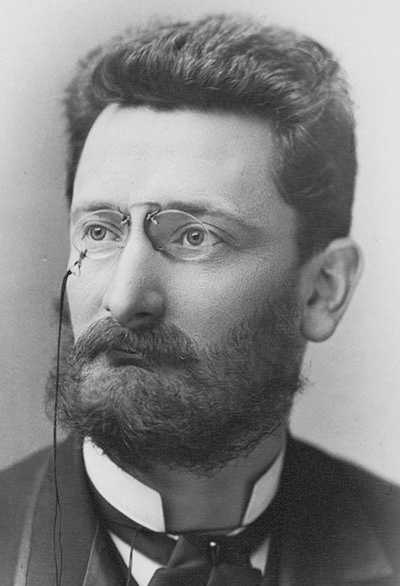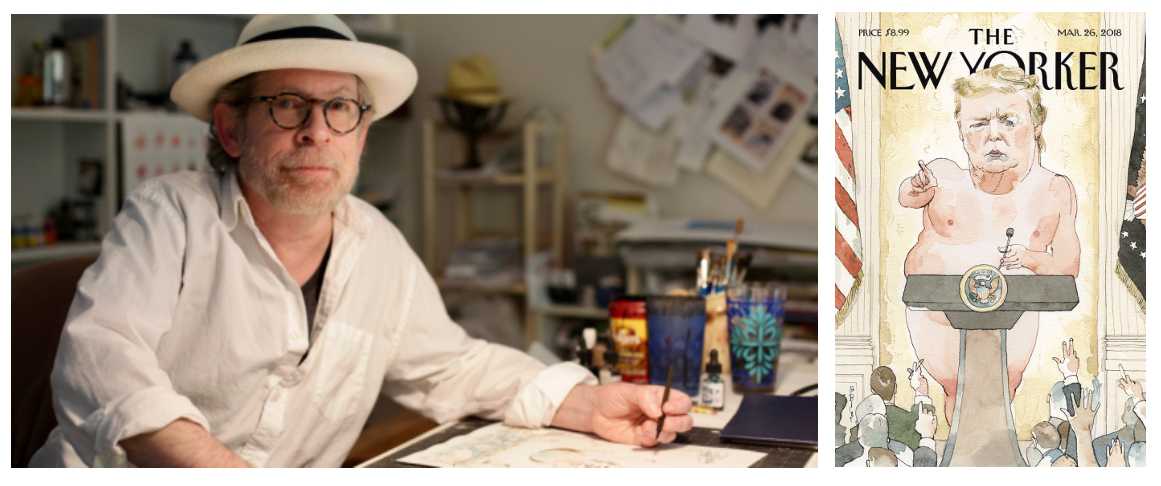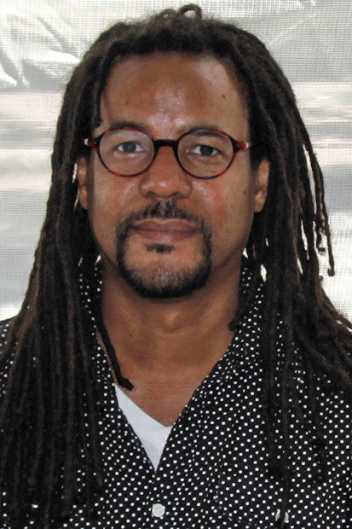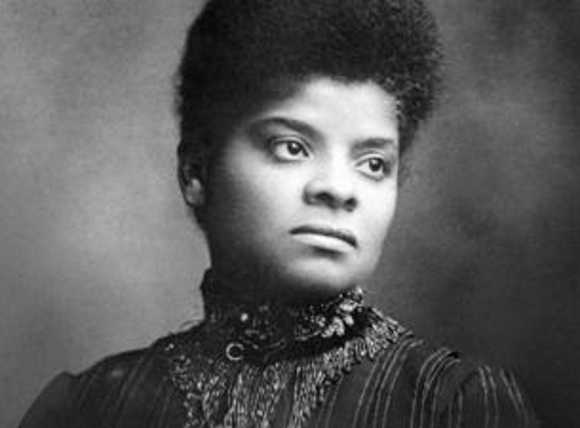
May 2020
Joseph Pulitzer was born to parents of Magyar-Jewish origin in Mako, Hungary in 1847. Having emigrated to the United States, at age twenty five he became a publisher and in 1878 became the owner of the St. Louis Post-Dispatch newspaper. He went on to extend his commercial interests in the newspaper industry and campaigned vigorously for freedom of the press. He became afflicted with a series of illnesses and medical afflictions and effectively withdrew from public life. In 1904 he proposed the founding of a school of journalism. Upon his death in 1911 he bequeathed US$250,000 to the Trustees of Columbia College in New York to be invested and known as the Pulitzer Scholarship Fund.

In 1912, a year after Pulitzer's death, the Columbia School of Journalism was founded and the first Pulitzer Prizes were awarded in 1917.
Entries for the Pulitzer Prize can be submitted by any group or individual based on material published by a United States newspaper, magazine or news site which publishes regularly during the calendar year and adheres to the highest journalistic principles.
The 2020 prize winners were announced 05 May 2020.
Journalism
Public Service
The Anchorage Daily News in collaboration with ProPublica.
For a series which revealed a third of Alaska’s villages had no police protection.
Breaking News Reporting
Staff of The Courier-Journal, Louisville, Kentucky.
For its coverage of hundreds of last-minute pardons by Kentucky’s governor and demonstrating how the process was marked by opacity, racial disparity and violation of legal norms.
Investigative Reporting
Brian M. Rosenthal of The New York Times.
For an exposé of New York City’s taxi industry which led to state and federal investigations and sweeping reforms.

Explanatory Reporting
Staff of The Washington Post.
For a groundbreaking series that showed with scientific clarity the dire effects of extreme temperatures on the planet.
Local Reporting
Staff of The Baltimore Sun.
For illuminating, impactful reporting on a lucrative, undisclosed financial relationship between the city’s mayor and the public hospital system she helped to oversee.
National Reporting
T. Christian Miller, Megan Rose and Robert Faturechi of ProPublica.
For an investigation into America’s 7th Fleet after a series of deadly naval accidents in the Pacific.
Dominic Gates, Steve Miletich, Mike Baker and Lewis Kamb of The Seattle Times.
For groundbreaking stories that exposed design flaws in the Boeing 737 MAX that led to two deadly crashes and revealed failures in government oversight.
International Reporting
Staff of The New York Times.
For a set of stories, reported at great risk, exposing the predations of Vladimir Putin’s regime.
Feature Writing
Ben Taub of The New Yorker.
For a devastating account of a man who was kidnapped, tortured and deprived of his liberty for more than a decade at the Guantanamo Bay detention facility.

Commentary
Nikole Hannah-Jones of The New York Times.
For a personal essay on the ground-breaking 1619 Project, which seeks to place the enslavement of Africans at the center of America’s story.

Criticism
Christopher Knight of the Los Angeles Times.
For work demonstrating extraordinary community service by a critic, applying his expertise and enterprise to critique a proposed overhaul of the L.A. County Museum of Art.

Editorial Writing
Jeffery Gerritt of the Palestine (Texas) Herald Press.
For editorials that exposed how pre-trial inmates died horrific deaths in a small Texas county jail.

Editorial Cartooning
Barry Blitt, contributor to The New Yorker.
For work that skewers the personalities and policies emanating from the Trump White House with a deceptively sweet water colour style and seemingly gentle caricatures.

Breaking News Photography
Photography Staff of Reuters.
For illuminating photographs of Hong Kong as citizens protested infringement of their civil liberties and defended the region’s autonomy by the Chinese government.
Feature Photography
Channi Anand, Mukhtar Khan and Dar Yasin of Associated Press.
For images captured during a communications blackout in Kashmir depicting life in the contested territory as India stripped it of its semi-autonomy.

Audio Reporting
Staff of This American Life with Molly O'Toole of the Los Angeles Times and Emily Green, freelancer, Vice News.
For “The Out Crowd,” revelatory, intimate journalism that illuminates the personal impact of the Trump Administration’s “Remain in Mexico” policy.
Letters, Drama and Music
Fiction
“The Nickel Boys” by Colson Whitehead (Doubleday).
Based on the real story of the Dozier School, a reform school in Florida that operated for one hundred and eleven years and had its history exposed by a university investigation.

Drama
“A Strange Loop” by Michael R. Jackson.
A metafictional musical that tracks the creative process of an artist transforming issues of identity, race, and sexuality that once pushed him to the margins of the cultural mainstream into a meditation on universal human fears and insecurities.

History
“Sweet Taste of Liberty. A True Story of Slavery and Restitution in America", by W. Caleb McDaniel (Oxford University Press). A masterfully researched meditation on reparations based on the remarkable story of a 19th century woman who survived kidnapping and re-enslavement to sue her captor.

Biography
“Sontag: Her Life and Work” by Benjamin Moser (Ecco).
An authoritatively constructed work told with pathos and grace that captures the writer’s genius and humanity alongside her addictions, sexual ambiguities and volatile enthusiasms.

Poetry
“The Tradition” by Jericho Brown (Copper Canyon Press).
A collection of masterful lyrics that combine delicacy with historical urgency in their loving evocation of bodies vulnerable to hostility and violence.

General Non-fiction
“The Undying Pain, Vulnerability, Mortality, Medicine, Art, Time, Dreams, Data, Exhaustion, Cancer, and Care” by Anne Boyer (Farrar, Straus and Giroux).
An elegant and unforgettable narrative about the brutality of illness and the capitalism of cancer care in America.

“The End of the Myth: From the Frontier to the Border Wall in the Mind of America” by Greg Grandin (Metropolitan Books).
A sweeping and beautifully written book that probes the American myth of boundless expansion and provides a compelling context for thinking about the current political moment.

Music
The Central Park Five, by Anthony Davis.
Premiered on June 15, 2019 at the Long Beach Opera, a courageous operatic work, marked by powerful vocal writing and sensitive orchestration, that skilfully transforms a notorious example of contemporary injustice into something empathetic and hopeful. Libretto by Richard Wesley.

Special Citation
Ida B. Wells (1862 - 1931)
For her reporting on the horrific and vicious violence against African Americans during the era of lynching.
The citation comes with a bequest by the Pulitzer Prize board of at least $50,000 in support of her mission.
